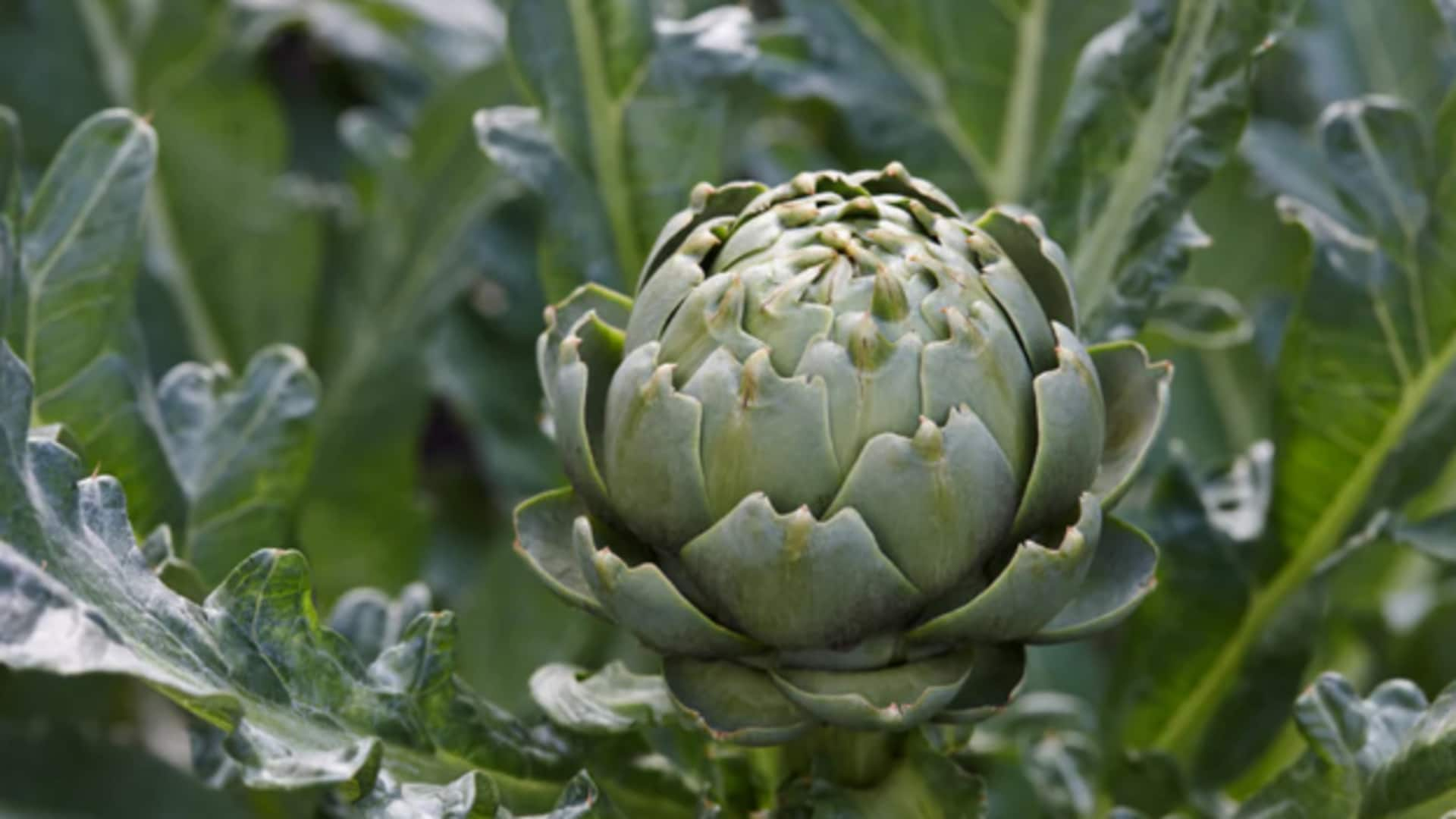
How to grow artichokes in your backyard
What's the story
Growing artichokes in your backyard is a fun and rewarding experience, providing you with fresh, healthy vegetables straight from your garden.
This article offers expert advice on growing juicy artichokes in sunny backyard beds, covering everything from soil preparation and planting to watering and pest control.
Follow these tips to enjoy a plentiful harvest of fresh artichokes.
Location
Selecting the right spot
Artichokes need full sun and well-drained soil.
Select a spot in your backyard that gets a minimum of six hours of direct sun each day.
Steer clear of waterlogged areas as artichokes won't thrive in super soggy conditions.
Work some organic matter into the soil to enhance drainage and fertility.
Planting
Planting your artichokes
To maximize growth, plant artichoke crowns or seedlings in early spring once the threat of frost has passed.
Space them approximately three to four feet apart to ensure each plant has ample room to grow.
Dig holes twice the size of the root ball and add a layer of compost before planting.
This gives your artichokes a nutrient-rich environment right from the start.
Irrigation
Watering and mulching
Artichokes need consistent moisture to grow well, particularly in dry periods.
Strive for a minimum of one inch of water weekly, through rain or additional watering.
Mulching with organic matter around the plants aids in maintaining soil dampness and minimizing weed growth.
Avoid waterlogging as it may result in root rot.
Nutrition
Fertilizing for growth
Fertilize your artichoke plants with a balanced fertilizer once a month during the growing season to promote healthy growth and development.
A 10-10-10 NPK (Nitrogen-Phosphorus-Potassium) fertilizer is a good choice for most backyard gardens.
Follow the package instructions for application to avoid over-fertilizing while ensuring your plants get the nutrients they need.
Pest control
Managing pests naturally
Artichokes are prone to pests like aphids and slugs, which can damage the plants if left untreated.
Consider introducing beneficial insects like ladybugs or applying diatomaceous earth around your plants as natural pest control options.
Regularly checking your plants for signs of pests and handpicking them off can also help maintain a healthy garden without the need for harsh chemicals.